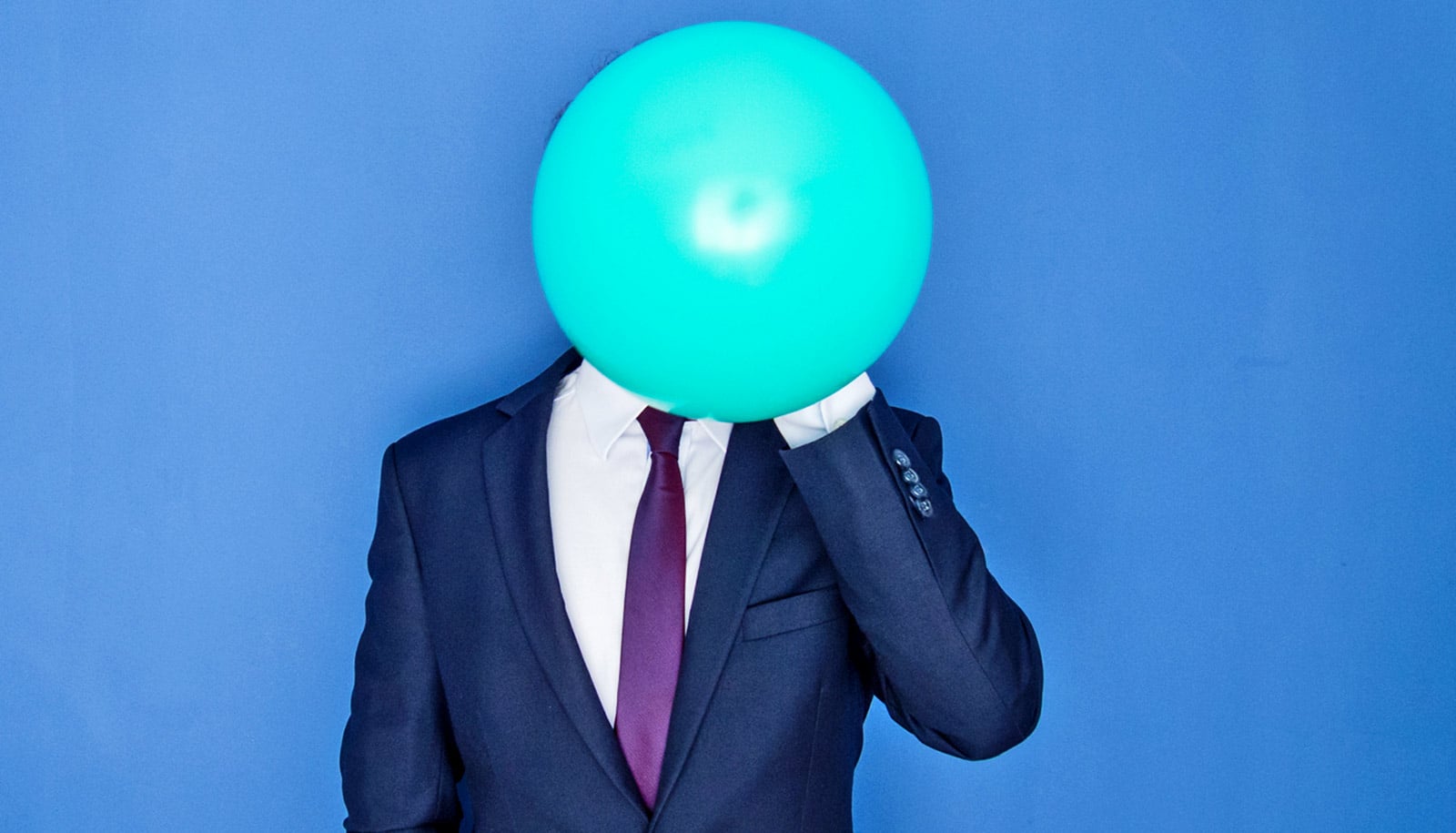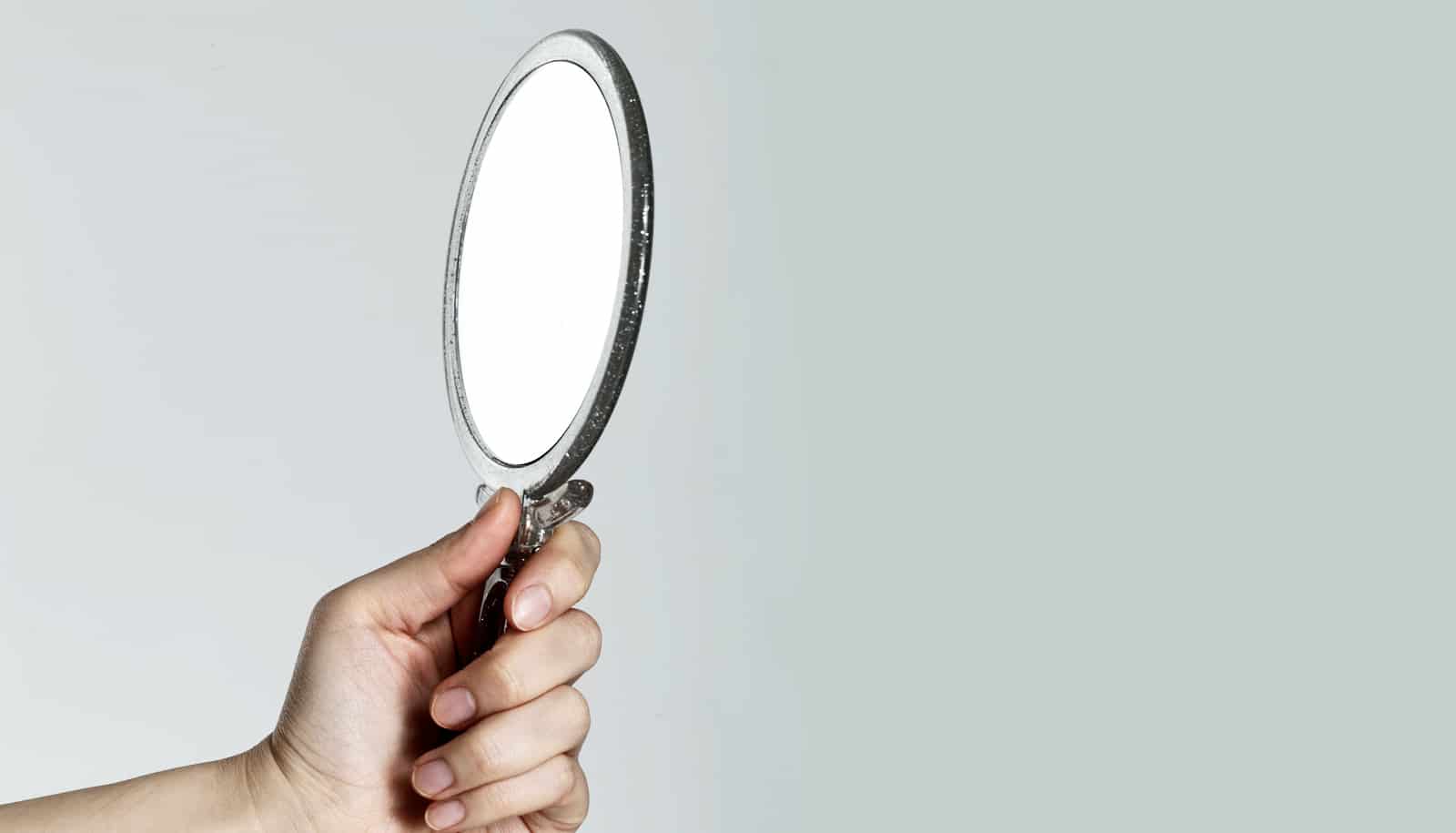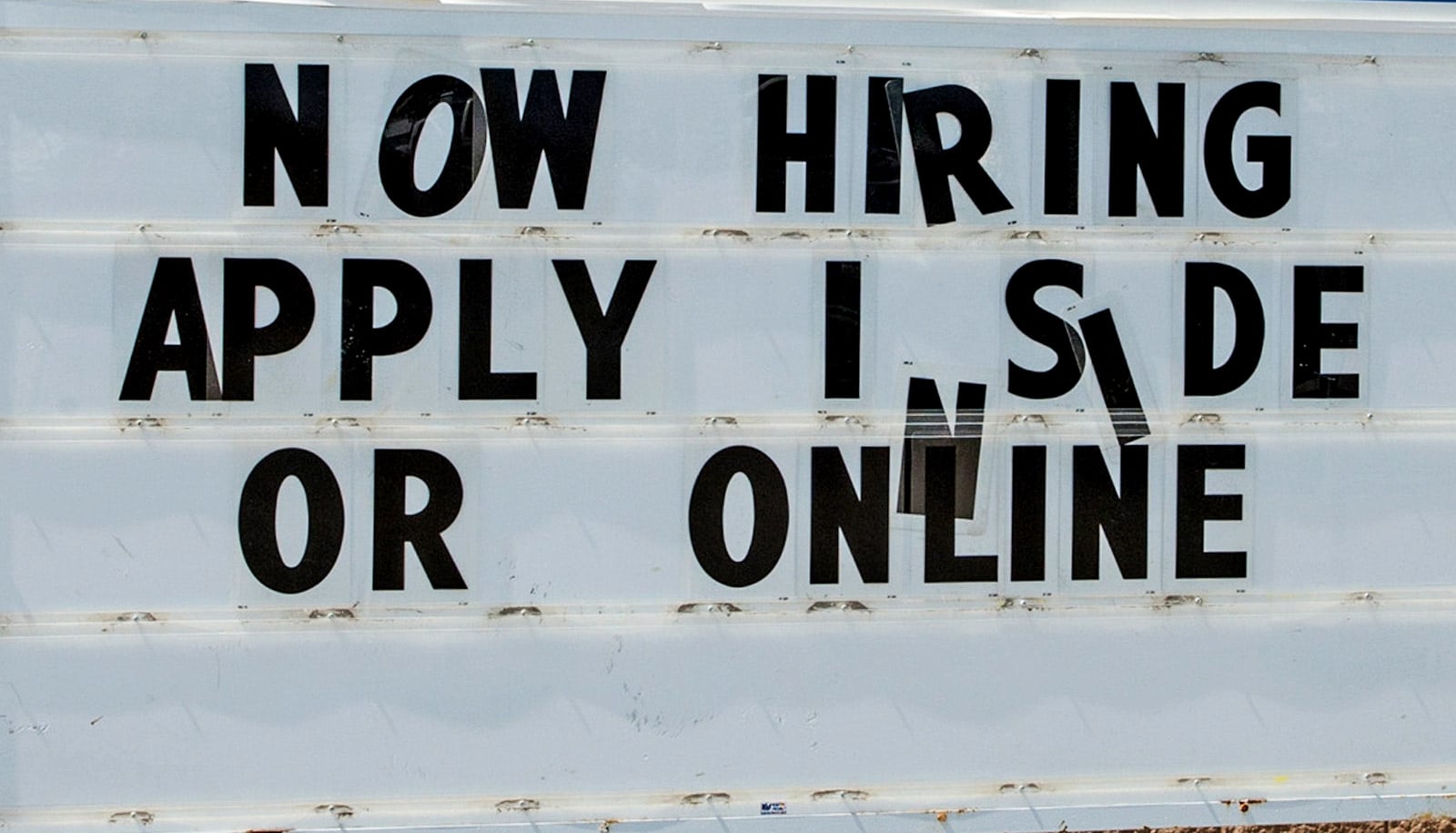Beautiful people are more likely to get hired, receive better performance evaluations, and get paid more—but the advantage isn’t just due to their good looks, say researchers.
The findings of a new study indicate that while a “beauty premium” exists across professions, it’s partially because attractive people develop distinct traits as a result of how the world responds to their attractiveness. They build a greater sense of power and have more opportunities to improve nonverbal communication skills throughout their lives.
“We wanted to examine whether there’s an overall bias toward beauty on the job, or if attractive people excel professionally because they’re more effective communicators,” says Min-Hsuan Tu, assistant professor of organization and human resources in the from the University at Buffalo School of Management.
“What we found was that while good looking people have a greater sense of power and are better nonverbal communicators, their less attractive peers can level the playing field during the hiring process by adopting a powerful posture.”
The researchers conducted two studies that evaluated 300 elevator pitches of participants in a mock job search. In the first study, managers determined the good-looking people to be more hirable because of their more effective nonverbal presence.
In the second study, the researchers asked certain participants to strike a “power pose” by standing with their feet shoulder-width apart, hands on hips, chest out, and chin up during their pitch. With this technique, the less attractive people were able to match the level of nonverbal presence that their more attractive counterparts displayed naturally.
“By adopting the physical postures associated with feelings of power and confidence, less attractive people can minimize behavioral differences in the job search,” says Tu. “But power posing is not the only solution—anything that can make you feel more powerful, like doing a confidence self-talk, visualizing yourself succeeding, or reflecting on past accomplishments before a social evaluation situation can also help.”
Tu’s collaborators are from Washington and Lee University and the University of Florida. The study appears in the journal Personnel Psychology.
Source: University at Buffalo



